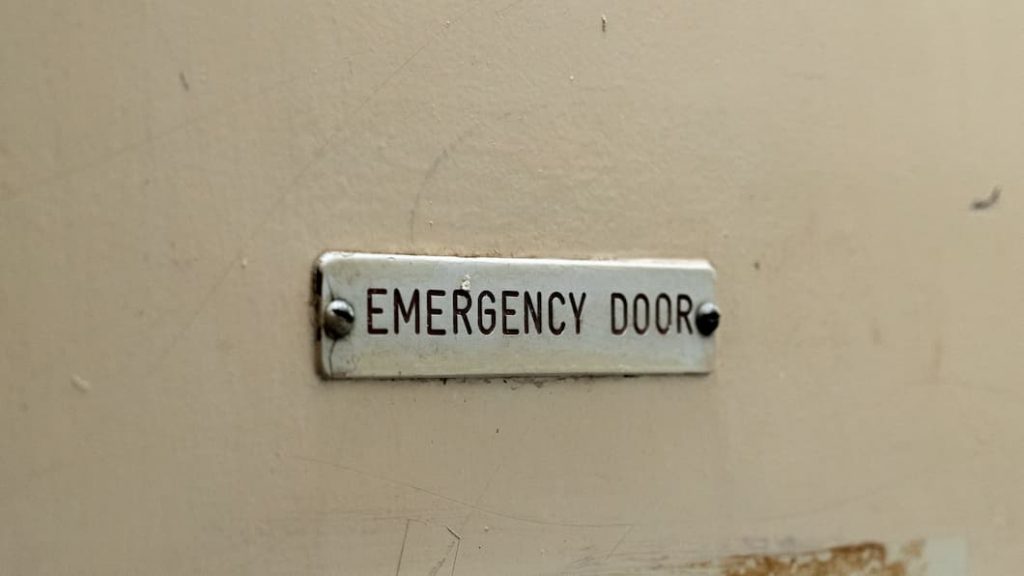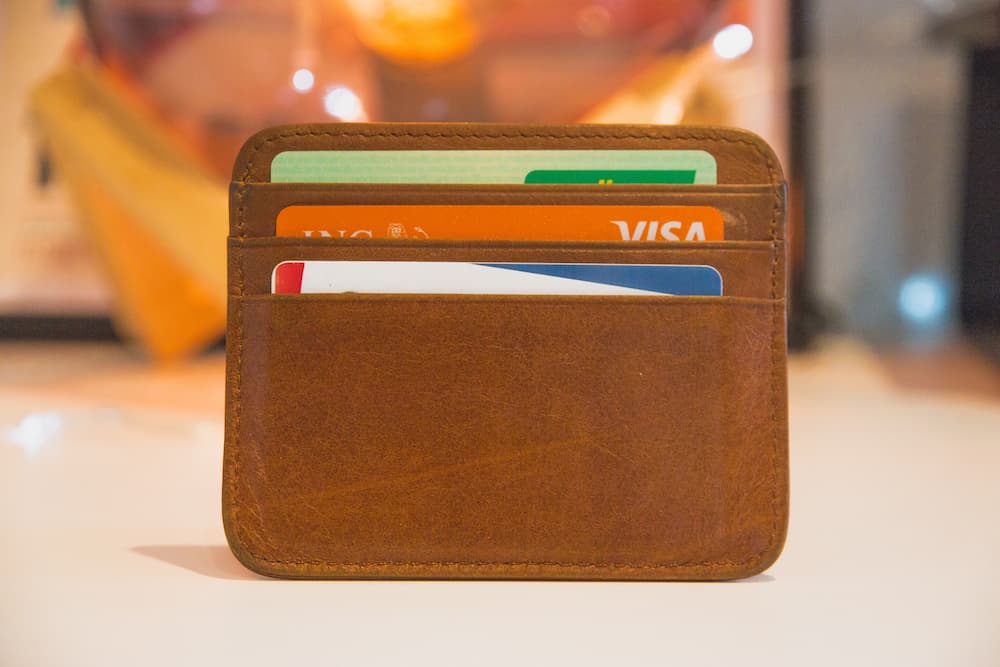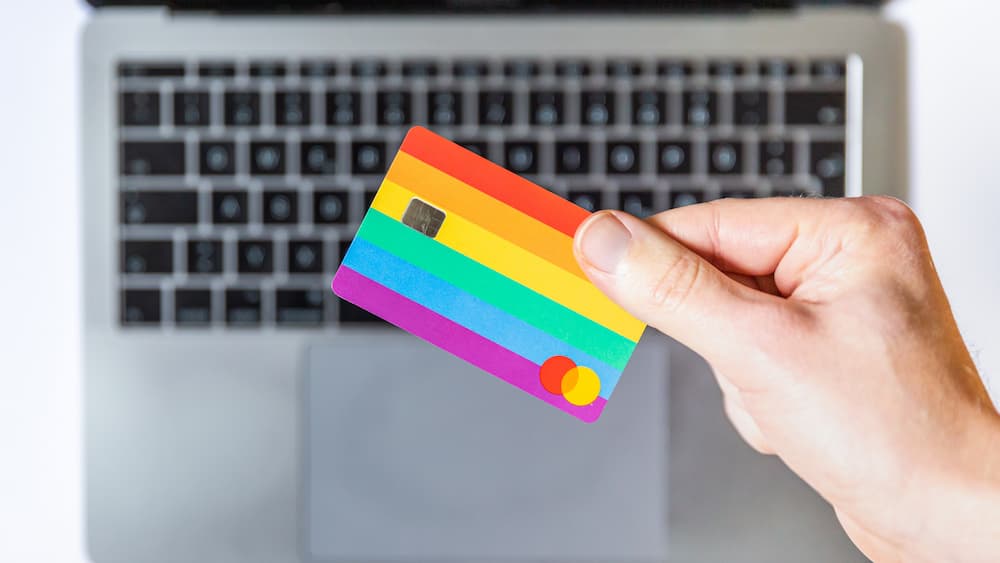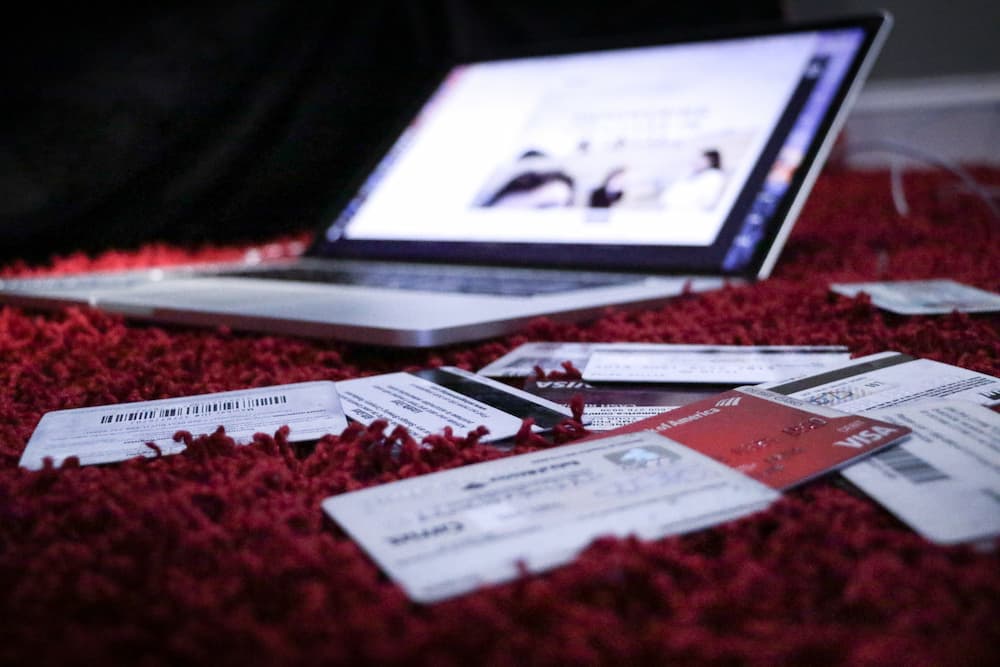Bad habits can be hard to get out of, especially when it comes to budgets and financing! Sometimes we can manage our finances on a whim, or we can put off saving for the future as we make impulse purchases, often made on our credit cards!
This is why we present this article to help you break your bad budgeting habits and to make you realise why they are bad habits, and how we can make better budgeting habits that help put you back in control and back in the driving seat of your finances, both personal and in business!
Not stamping out all forms of lifestyle expenses
Your expenses are most likely to increase once your income increases. You should figure out a rough idea of your expenditure and stick to your budget accordingly. This will help you budget and spend more efficiently. However, it’s recommended that you’re careful not to spend more than you earn.
Inflation is something to consider too, research online, watch and read economic news to give you a better idea of the anticipated inflation rate so that you can budget accordingly.

Not being prepared for emergencies
Emergencies can crop up at any time, whether this is a health crisis, job loss, or even things that have broken and are now in need of desperate repair. The recent Covid-19 Pandemic was a prime example of emergencies. Millions of people lost their jobs.
These things may throw off the balance if you have no cash reserves to tackle such emergencies. Set aside a certain amount of percentage of your income in a separate bank account for emergencies. A small amount monthly comes along a long way in emergencies.

Not knowing your expenses
This is one of the most common bad budgeting habits. Not knowing your monthly income will easily derail your budget. Track your expenses carefully to know how much you spend every month. Detailing what the expense is and how much it costs you. This way, you know exactly how much is outgoing compared to your income.
But this can get tricky if you’re a busy individual; in such cases, using accounting software or hiring an accountant will certainly help you.

Not checking your current outgoings
Checking your current outgoings is important as sometimes you may still be paying for something via direct debit that you no longer own or have. If this is the case, it can easily destroy your budget allocations. Check everything thoroughly to make sure all is correct and in order.
There are a lot of apps on Appstore or Playstore for expenses tracking. These apps can help in keeping track of outdated payment methods.

Avoiding impulsive purchases
Impulsive purchases are purchases you make spontaneously without making prior plans. Fact of Buying things you didn’t plan for will affect your budget is a no brainer.
Think very carefully about whether you really, truly need the item in question before jumping right in to purchase it. When you feel a sudden urge of buying something, wait for a few days and ask yourself again if you need it. 99 out of 100 you’ll feel you don’t need it.

Not working out your priorities
This is the total opposite of the point above. What do you have to pay, what is a must expense, and what is a luxury? Outlining your priorities will help you discard those items that you don’t really need but have fallen into the habit of purchasing!
Try following the 30-30-30 rule. 30-30-30 rule states that 30% of your income should be used in investments or savings, 30% towards priorities like groceries and other crucial needs, and 30% towards paying off the liabilities or bill payments. The remaining 10% should be used for leisure activities like vacation, going out on dates, etc.

Not Using your Credit Cards cautiously
Credit cards can be a great source of finance if used properly. If you rely on your credit card for regular, basic purchases, however, then you will most likely accrue unnecessary charges as well as setting yourself up for a dangerous financial fall.

Burying your head in the sand
We meant it figuratively here. Burying one’s head in the sand is the expression of running away from the problem. This comes from ostriches who bury their heads in the sand when they spot any trouble.
Although it seems easy and more comforting, this helps no one. Merely closing your eye to something doesn’t make the thing disappear. It just gives an illusion.
Facing your finances head-on is the only sure-fire way that you will keep on top of them. Speaking with a finance professional and financial advisor can also help you to get your finances in order.

Not creating financial goals
Setting up financial goals is one of the most crucial budgeting habits. Setting a goal of where you would like to see your finances in 3 months, six months, or even a year will help keep you focused and determined to achieve what you have set out.
To meet those financial goals, you must consider investing. Investing is not required but always helpful. Research what investment forms will help you reach your financial goals.

Getting specific with your financial goals can be a daunting task. But setting an action plan with a timescale attached can help keep you on track to achieving your goals. Hopefully, with this article, you can avoid the common pitfalls due to bad budgeting habits
For further hints, tips, and information, check out Fashion Riders’ social channels and stay up to date with the creative conversation.



